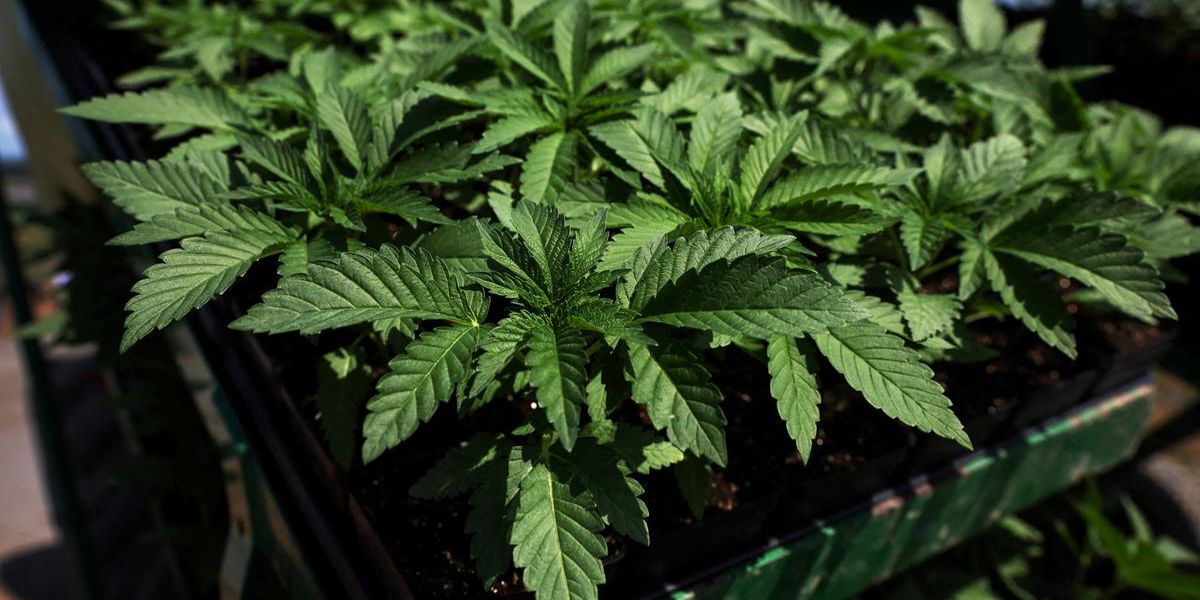A federal grand jury in Louisiana has indicted six individuals — including five Chinese nationals — in connection with a vast, illicit marijuana operation allegedly tied to Chinese transnational criminal organizations. The charges, unsealed in the U.S. District Court for the Eastern District of Louisiana, accuse the group of racketeering and drug trafficking as part of a criminal enterprise spanning Texas, Mississippi, and Louisiana.
Authorities say three of the accused individuals were living in the United States illegally. The indictment comes as federal officials warn of the growing influence of Chinese-backed organized crime groups in the illegal cultivation and distribution of marijuana nationwide.
The Drug Enforcement Administration (DEA) highlights the case as part of a disturbing trend. In its 2025 National Drug Threat Assessment, the agency detailed how Chinese transnational criminal organizations have come to dominate the illicit marijuana market from California to Maine, often exploiting gaps in state-level cannabis laws.
“These groups purchase real estate for indoor and outdoor marijuana grows using family and community connections both in China and the U.S.,” the report states, noting that this approach helps them skirt restrictions on the international movement of currency.
The DEA report warns that most grow operations linked to these organizations are located in states where marijuana is legal, making it easier for them to blend in with legitimate businesses while avoiding licensing, production limits, and taxation.
Labor at these sites is often provided by undocumented workers, many lured from China and Mexico under false promises of legal employment, and closely monitored by criminal enforcers. Distribution tactics include a so-called “shotgun approach” using multiple small vehicles to transport marijuana, reducing the risk of large-scale seizures.
The organization’s international reach extends beyond U.S. borders, with marijuana trafficked as far as the United Kingdom, France, and Spain, often concealed in shipping containers or air cargo. The group’s financial operations are equally sophisticated, utilizing the “Chinese Underground Banking System” — with a major hub in New York — to launder drug proceeds back to China through methods such as straw buyers, casinos, and mortgage fraud.
Public health officials have expressed growing concern over the environmental and health risks associated with these operations. Many grow sites use pesticides and fertilizers imported from China, including chemicals banned in the U.S. for decades due to their toxicity. Residual amounts have been detected in marijuana products consumed by users.
The marijuana produced by these Chinese-run operations is among the most potent ever seen, with THC levels ranging from 25% to 30%, far exceeding the national average of 16%. Demand for this ultra-potent product is rising rapidly, particularly among young adults and teenagers.
According to federal data, nearly 22% of Americans reported using marijuana in 2023, with usage among those aged 18 to 25 at a staggering 36.5%. Youth consumption is also climbing, with more than 4 million adolescents aged 12 to 20 reporting marijuana use last year.
The surge in availability has fueled a sharp increase in marijuana-related poisonings, especially among young children. Poison control center calls more than doubled from 2016 to 2022, with THC-laced edibles — often disguised as candy or snacks — posing a growing risk to public health.
The six defendants face a mandatory minimum sentence of five years and up to 40 years if convicted. However, the DEA cautions that prosecutions often face obstacles due to jurisdictional complexities and the patchwork of cannabis laws across states.
Federal authorities say the case underscores the urgent need for stronger regulation, enhanced oversight, and international cooperation to combat the growing threat posed by organized crime networks exploiting America’s evolving marijuana industry.








